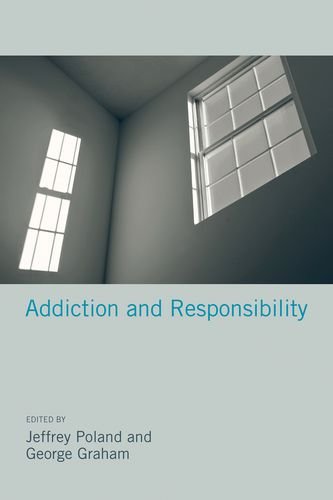

Most ebook files are in PDF format, so you can easily read them using various software such as Foxit Reader or directly on the Google Chrome browser.
Some ebook files are released by publishers in other formats such as .awz, .mobi, .epub, .fb2, etc. You may need to install specific software to read these formats on mobile/PC, such as Calibre.
Please read the tutorial at this link: https://ebookbell.com/faq
We offer FREE conversion to the popular formats you request; however, this may take some time. Therefore, right after payment, please email us, and we will try to provide the service as quickly as possible.
For some exceptional file formats or broken links (if any), please refrain from opening any disputes. Instead, email us first, and we will try to assist within a maximum of 6 hours.
EbookBell Team

4.4
42 reviewsAddictive behavior threatens not just the addict's happiness and health but also the welfare and well-being of others. It represents a loss of self-control and a variety of other cognitive impairments and behavioral deficits. An addict may say, "I couldn't help myself." But questions arise: are we responsible for our addictions? And what responsibilities do others have to help us? This volume offers a range of perspectives on addiction and responsibility and how the two are bound together. Distinguished contributors -- from theorists to clinicians, from neuroscientists and psychologists to philosophers and legal scholars -- discuss these questions in essays using a variety of conceptual and investigative tools.
Some contributors offer models of addiction-related phenomena, including theories of incentive sensitization, ego-depletion, and pathological affect; others address such traditional philosophical questions as free will and agency, mind-body, and other minds. Two essays, written by scholars who were themselves addicts, attempt to integrate first-person phenomenological accounts with the third-person perspective of the sciences. Contributors distinguish among moral responsibility, legal responsibility, and the ethical responsibility of clinicians and researchers. Taken together, the essays offer a forceful argument that we cannot fully understand addiction if we do not also understand responsibility.